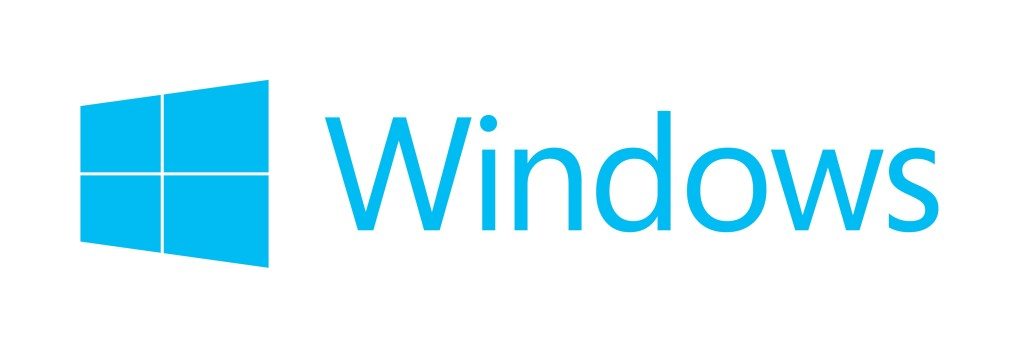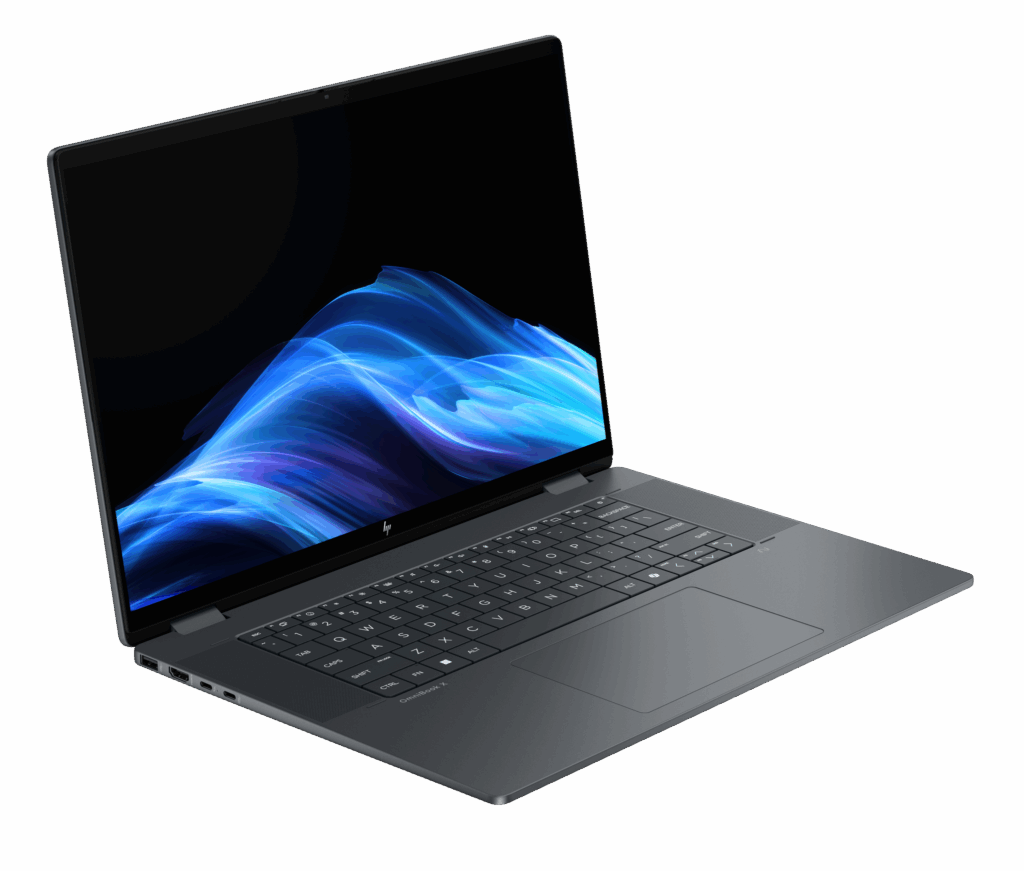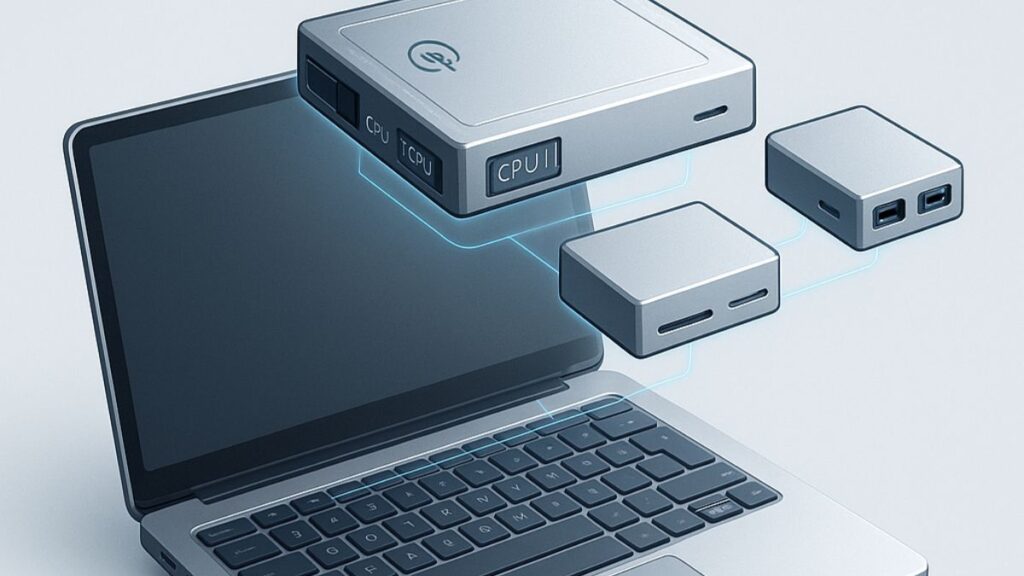The rate at which businesses and consumers replace or upgrade their PCs seems to have slowed dramatically in recent years. Analysts and tech media like to pin the blame on Windows 8. If only Microsoft would have developed a more popular operating system, then everyone would open their wallets and rush out to buy a new computer. Right?
No. I don’t think so.
The stagnant or declining PC sales also happen to coincide with other crucial factors that play a more significant role in the market and PC purchasing decisions. The rise of mobile devices as “personal computing” gadgets that break the mold of what defines a “PC”, and the fact that PC hardware itself doesn’t change significantly and is more reliable have an impact as well.
Perhaps people are doing fine with the PC hardware they already have, and a new version of Windows–good or bad–is simply not enough incentive to invest in something new. Blaming the Windows operating system for slow or declining PC sales is sort of like blaming Pioneer for slow car sales. It doesn’t matter if Pioneer makes a mediocre car audio system or a mind-blowing car audio system, people will buy a new car when they’re ready to buy a new car. And if bicycles suddenly become the hot new mode of transportation, even the best car with the best audio system won’t really matter.
I wrote about the role of Windows (or not) in the PC market in this post:
PC sales have been waning or, at best, stagnant for a few years now. Many pundits and analysts seem to blame lagging PC sales on the tepid reception of Windows 8. That places an inordinate burden on Microsoft’s flagship OS to drive sales of PCs, or accept responsibility for declining sales. That simplistic view ignores three key factors.
Evolving PC market
The first factor is that the entire tech landscape has shifted—along with how we define a “PC”. When we talk about the “PC market” or declining PC sales, we are referring only to the old-school definition of a “PC”, which means desktops or laptops. “PC” just stands for “personal computer”, though. The advent of the mobile era has redefined how and where we compute, as well as what devices fit the description of “PC”.
According to data and projections from Gartner, traditional desktop and laptop PC sales will continue to decline. However, the total volume of PCs is projected to go up when you factor in what Gartner calls Ultramobile Premium devices—hybrid laptops and 2-in-1 PCs. If you also count other personal computing devices, like tablets and smartphones, the PC market as a whole is still projected to grow at a relatively healthy rate.
Gartner projects the number of devices running Windows to increase by about five percent in 2015, but it also projects that the Android and iOS / Mac OS X platforms will grow by more than five percent. This means Windows will own a bigger piece of pie but maintain a stagnant share of the overall market relative to the fact that the entire pie continues to grow as well.
Check out the full story on Forbes: Windows Gets Too Much Blame (And Credit) For The State Of The PC Market.
- AI Voice Clones and Mobile Phishing: The Cyber Threats You’re Not Ready For - July 11, 2025
- Rethinking Cloud Security for the Evolving Threat Landscape - July 11, 2025
- Why Data Security Is the Real AI Risk - June 30, 2025




Comments are closed.